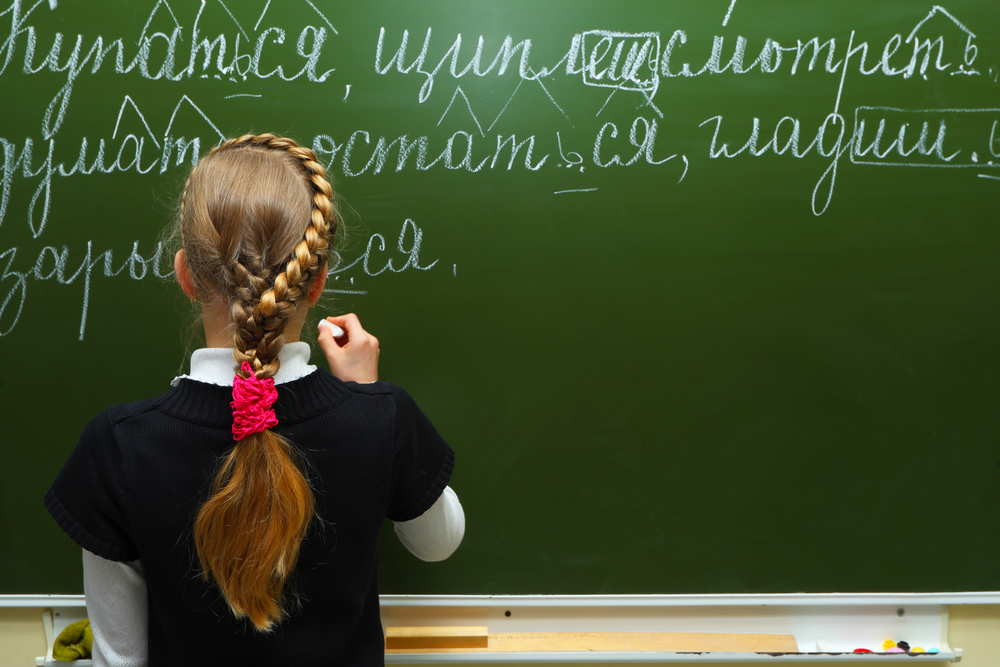
Moskovkin Russkij Yazik
Contents • • • • • • • • • • • • • • • • • • • • • • • • Classification [ ] Russian is an of the wider. It is a lineal [ ] descendant of the language used in, a loose conglomerate of tribes from the late 9th to the mid 13th centuries. From the point of view of, its closest relatives are,, and, the other three languages in the East Slavic languages. In many places in eastern and southern and throughout, these languages are spoken interchangeably, and in certain areas traditional bilingualism resulted in language mixtures such as in eastern Ukraine and in. An East Slavic, although vanished during the 15th or 16th century, is sometimes considered to have played a significant role in the formation of modern Russian.

Condition: new. Vserossijskie proverochnye raboty - eto itogovye kontrolnye raboty dlja chetveroklassnikov po otdelnym predmetam (russkij jazyk, matematika i okruzhajuschij mir), kotorye provodjatsja v kontse uchebnogo goda s tselju sovershenstvovanija obrazovatelnykh programm i ustranenija imejuschikhsja probelov v znanijakh. Aug 06, 2008 Unlimited DVR storage space. Live TV from 60+ channels. No cable box required. Cancel anytime.
• APPENDIX A - CLIMBER LEVEL TO SPEED CONVERSION When you adjust the speed during a Personal Climber program, you’re really adjusting the “level” you have the climber set to. Download air climber owners manual free online.
Also Russian has notable lexical similarities with Bulgarian due to a common influence on both languages, as well as because of later interaction in the 19th and 20th centuries, although Bulgarian grammar differs markedly from Russian. In the 19th century (in Russia until 1917), the language was often called ' to distinguish it from Belarusian, then called 'White Russian' and Ukrainian, then called 'Little Russian'. The (mainly abstract and literary words), principles of word formations, and, to some extent, inflections and literary style of Russian have been also influenced by, a developed and partly russified form of the language used by the.
However, the East Slavic forms have tended to be used exclusively in the various dialects that are experiencing a rapid decline. In some cases, both the East Slavic and the forms are in use, with many different meanings. For details, see. Over the course of centuries, the vocabulary and literary style of Russian have also been influenced by Western and Central European languages such as,,,,,, and, and to a lesser extent the languages to the south and the east:,,, and, as well as.
According to the in, Russian is classified as a level III language in terms of learning difficulty for native speakers, requiring approximately 1,100 hours of immersion instruction to achieve intermediate fluency. It is also regarded by the as a 'hard target' language, due to both its difficulty to master for English speakers and its critical role in. Standard Russian [ ]. See also: The language was first introduced in when voyaged into and claimed it for Russia during the 18th century. Although most Russian colonists left after the United States bought the land in 1867, a handful stayed and preserved the Russian language in this region to this day, although only a few elderly speakers of this unique dialect are left.